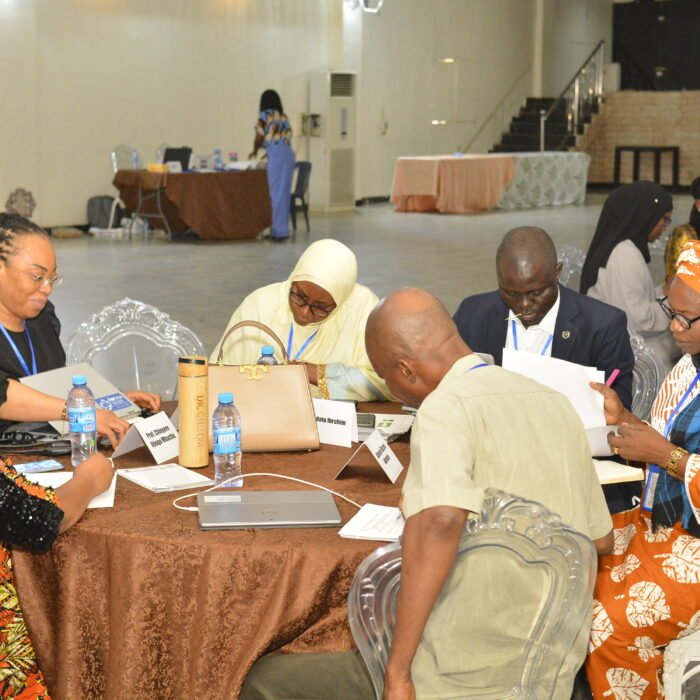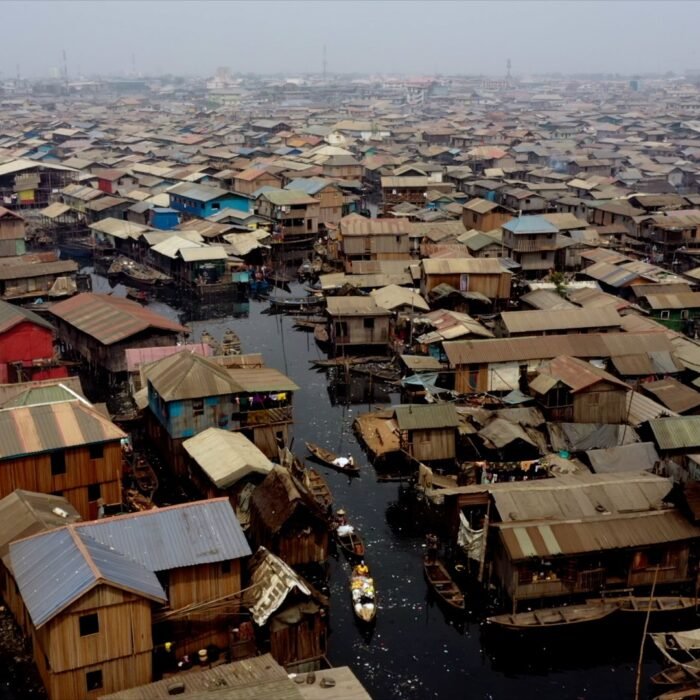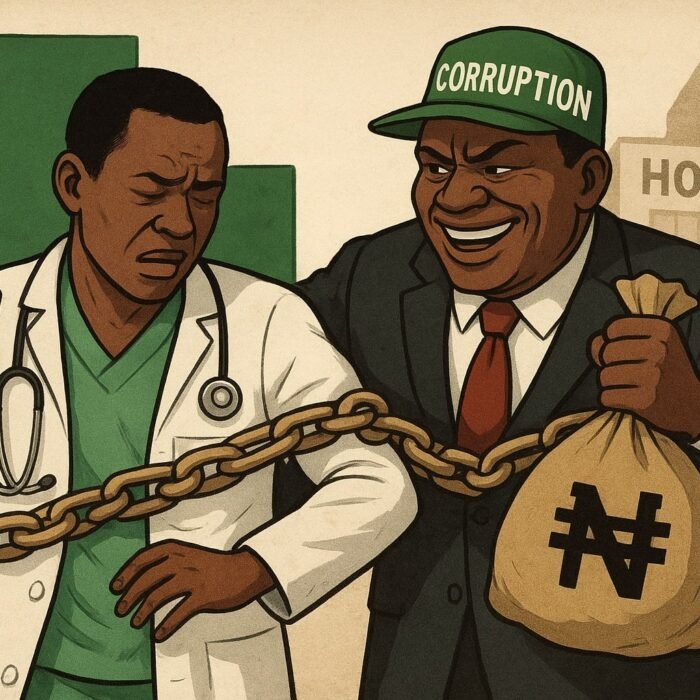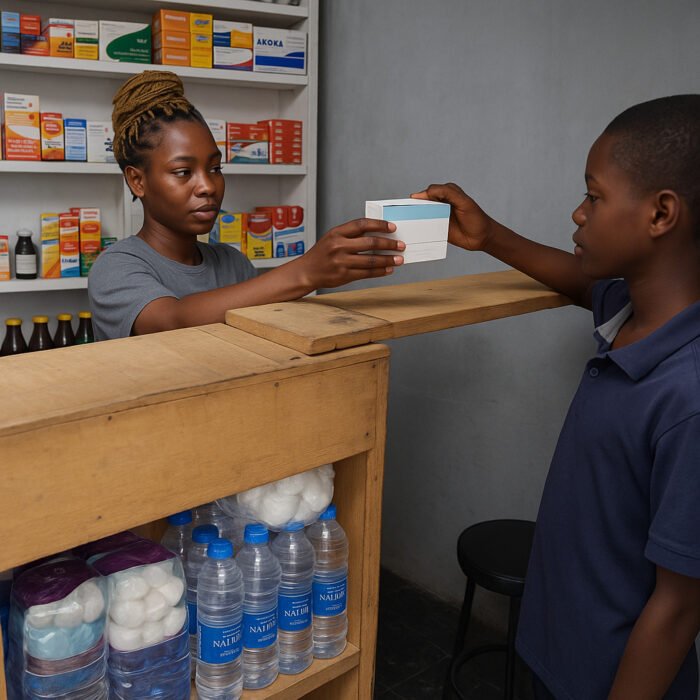This research will seek to understand how the positionality of actors and the incentives that they face within formal and informal structures (inside and outside the health system) impact on strategies to mitigate corrupt practice and improve accountability, both individual and collective.
While Nigeria and Malawi are in different regions of Africa their health systems have important similarities, with decentralisation to subnational authorities that hold considerable power to plan and manage services (districts in Malawi and states/Local Government Authorities (LGAs) in Nigeria) which make them useful for comparative studies. Our hypothesis is that a detailed understanding of the intersections between formal and informal structures, incentives and networks at the district level will inform the design of contextually appropriate interventions that are most likely to be able to tackle corruption, strengthen accountability, and enable the achievement of UHC.








